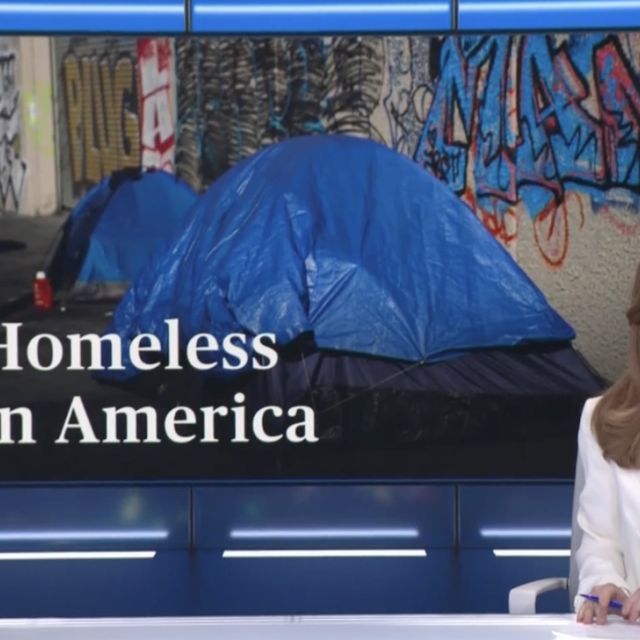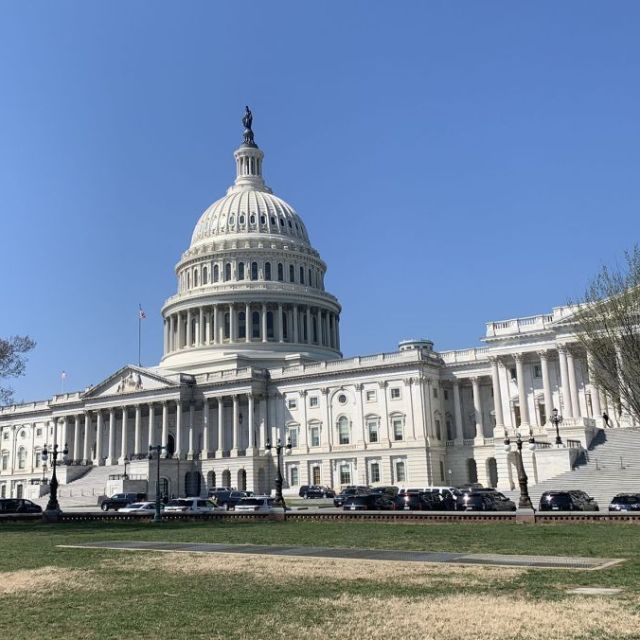On Wednesday, the House subcommittee that funds the federal department of Housing and Urban Development, or HUD, released its FY2023 spending bill.
The House Appropriations Subcommittee for Transportation, and Housing and Urban Development, and Related Agencies (THUD) proposed an FY23 budget of $62.7 billion for HUD, an increase of $9 billion over FY22 and $1.1 billion above the president’s budget request.
It includes robust funding for many of Enterprise’s policy priorities including:
- $31 billion for Tenant-Based Rental Assistance, a $3.6 billion increase above FY22. Of this funding, $1.1 billion would go to expand housing assistance to more than 140,000 low-income families
- $14.9 billion for Project-Based Rental Assistance, an increase of $1 billion over FY22
- $8.7 billion for public housing, $282 million over FY22
- $11.8 billion for Community Planning and Development, an increase of $2 billion above fiscal year 2022, including $3.3 billion for the Community Development Block Grant (CDBG), equal to fiscal year 2022
- $1.7 billion for the HOME Investment Partnerships Program, $175 million over FY22
- $500 million for a new Manufactured Housing Improvement and Financing Program to support infrastructure, resiliency, and financing activities to preserve and revitalize manufactured homes across the country
- $450 million to the Choice Neighborhoods Initiative, an increase of $100 million over FY22
- $415 million for the Office of Lead Hazard Control and Healthy Homes, an increase of $15 million above the president’s budget request, including $30 million to conduct lead inspections in Section 8 voucher units to improve the health and condition of housing where some 229,000 children reside
- $175 million for Self-Sufficiency Programs, an increase of $16 million over FY22, including $125 million for the Family Self-Sufficiency Program
- $45 million for Section 4, a $4 million increase over FY22
The House bill also includes a resilience competition through HUD’s Section 108 Loan Guarantee Program (Section 108), which allows CDBG recipients to access low-cost, flexible financing for economic and community development projects to undertake larger and more costly projects. Specifically, the bill includes $60 million for competitive economic development grants for climate resilience projects such as flood control, clean energy, and the redevelopment of vacant or underutilized infrastructure (like manufactured housing or other abandoned properties).
In addition, the proposed legislation would provide $75 million to public housing agencies (including competitive grants) to improve climate resilience of public housing through higher energy or water efficiency.
Enterprise urges Congress to enact legislation that provides strong funding for affordable housing and community development programs before the end of the fiscal year on September 30. Stay up to date on the FY23 appropriations process by signing up for our Today in Housing and Capitol Express newsletters.


